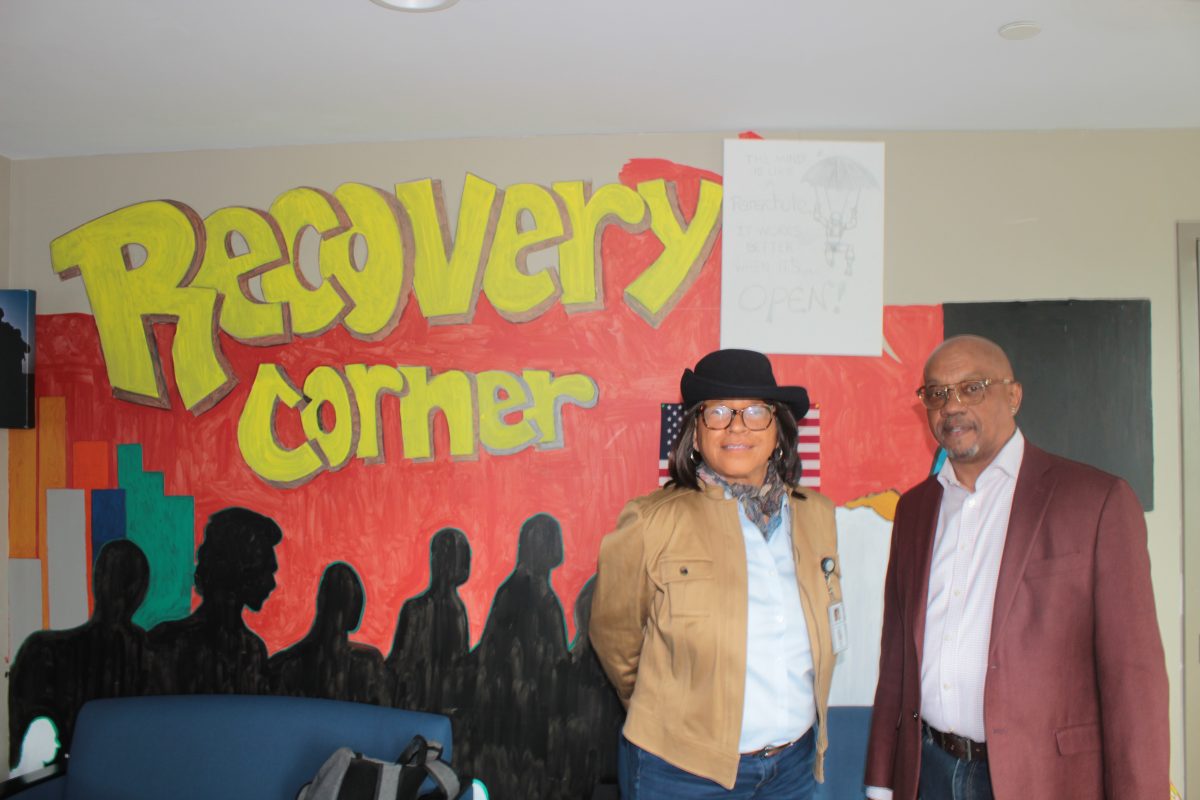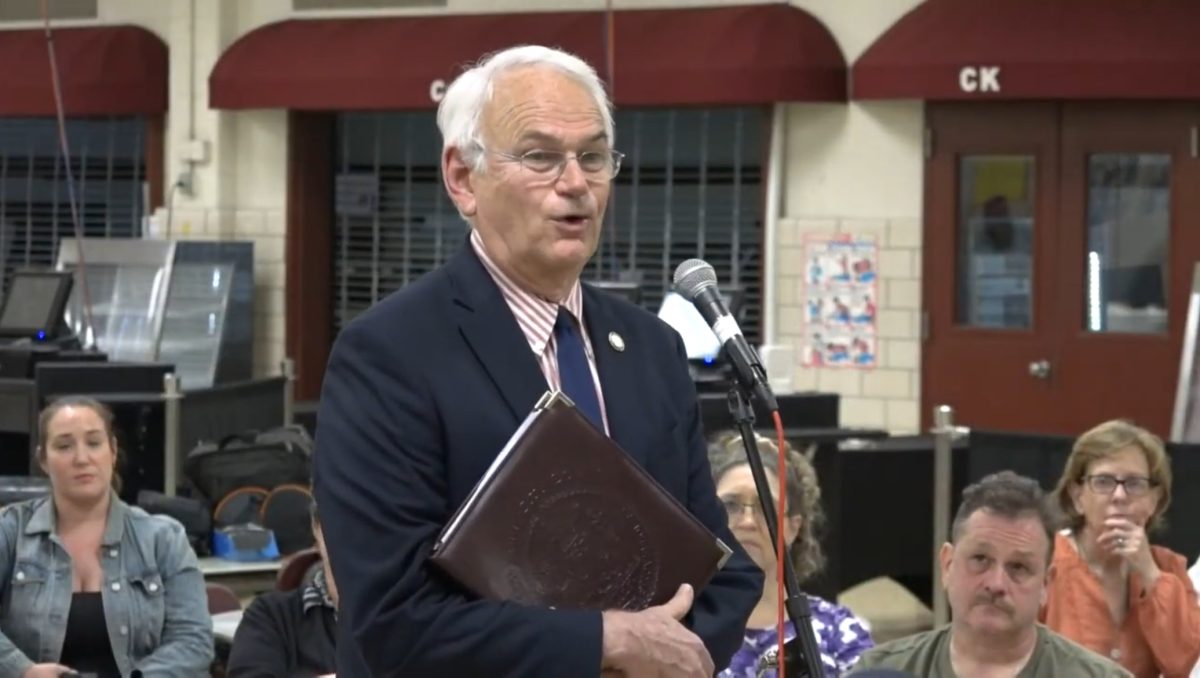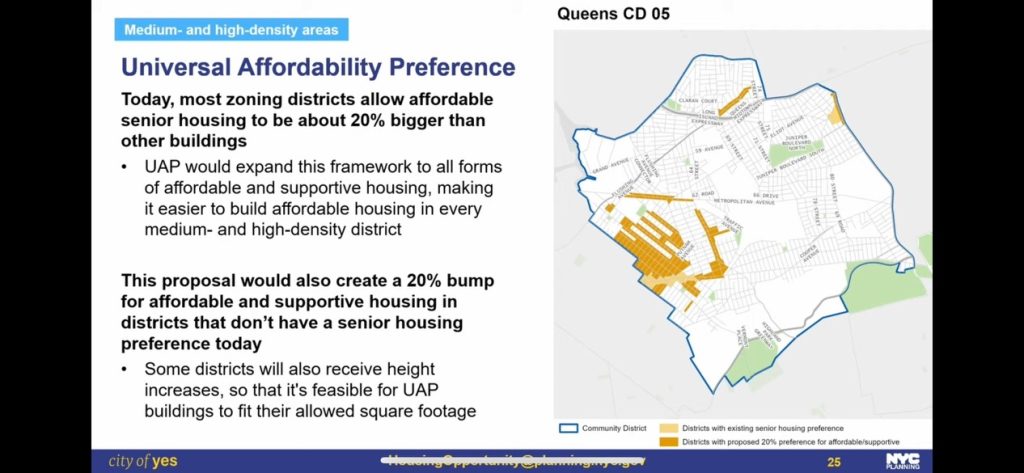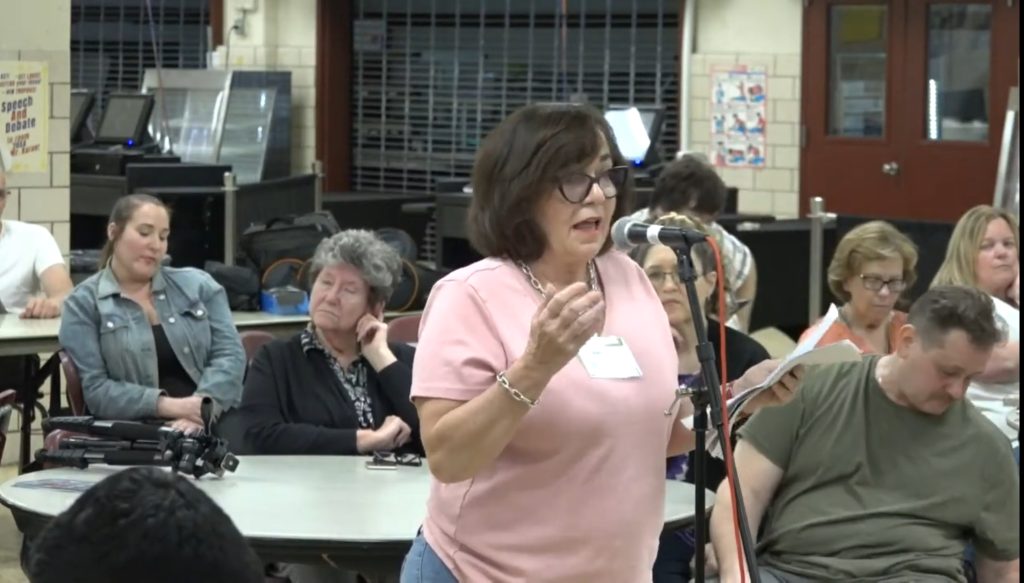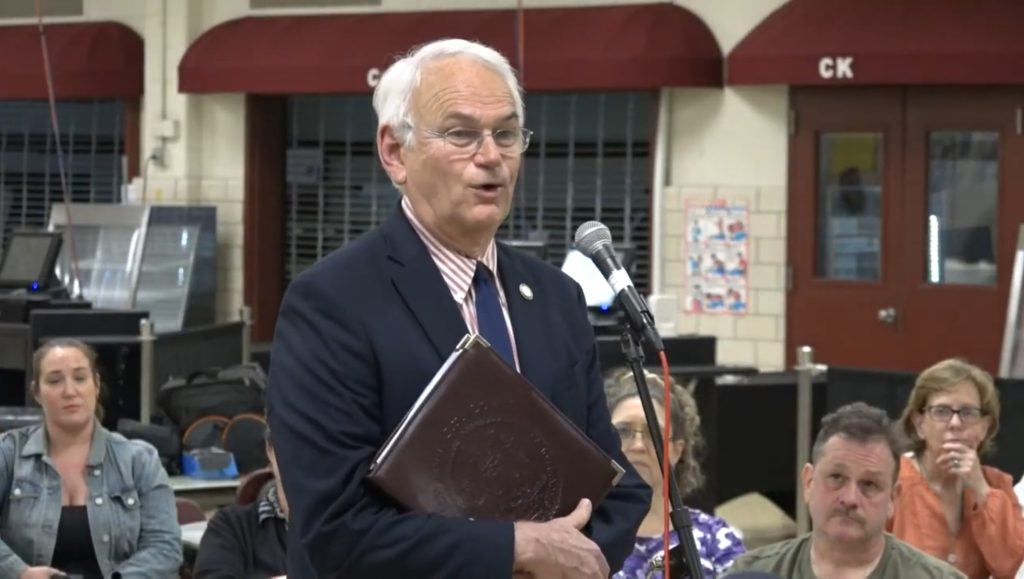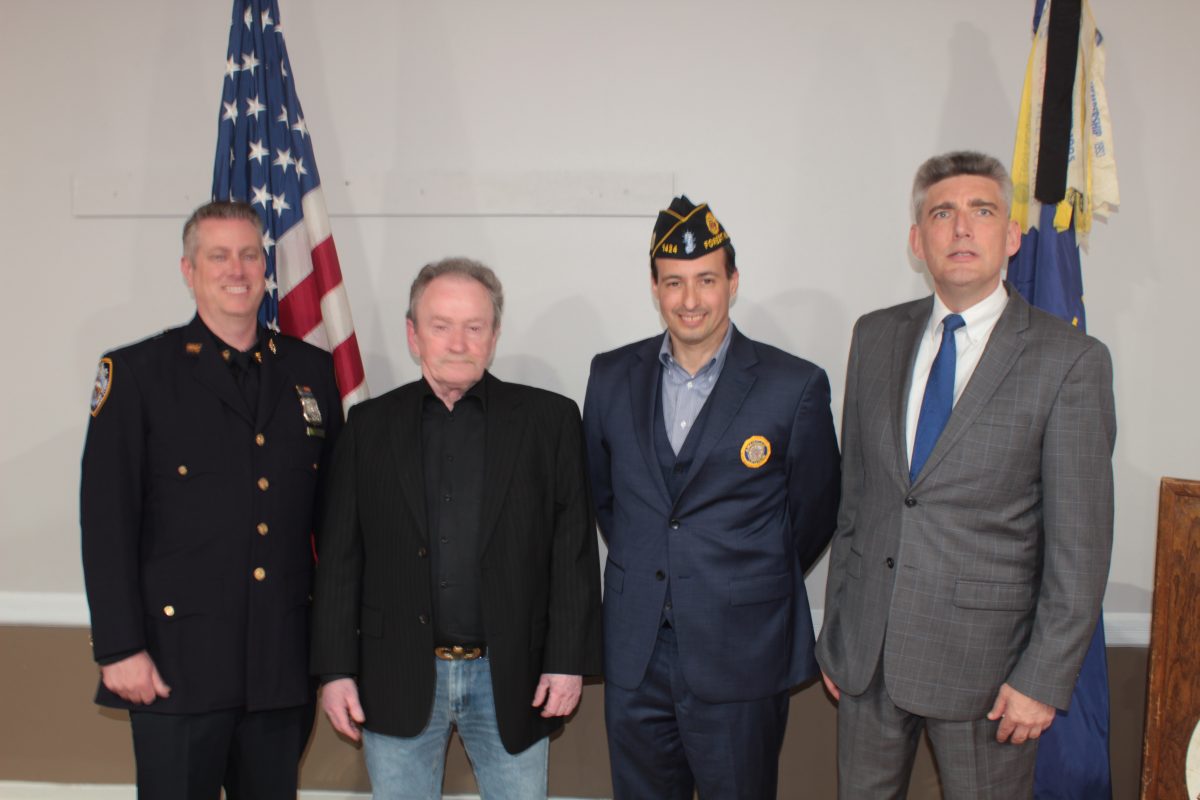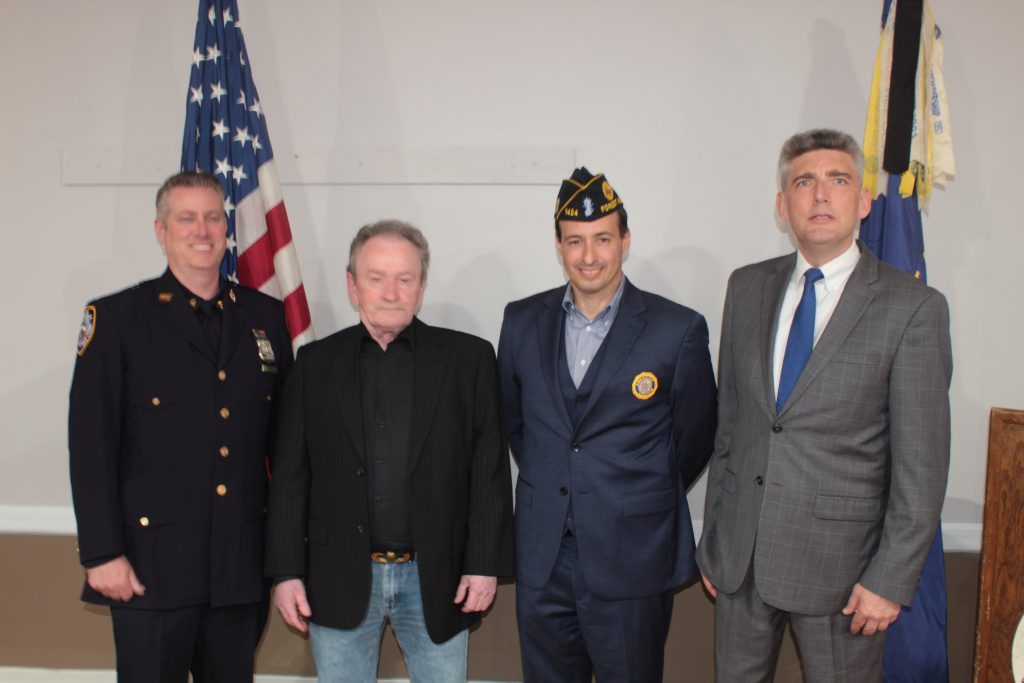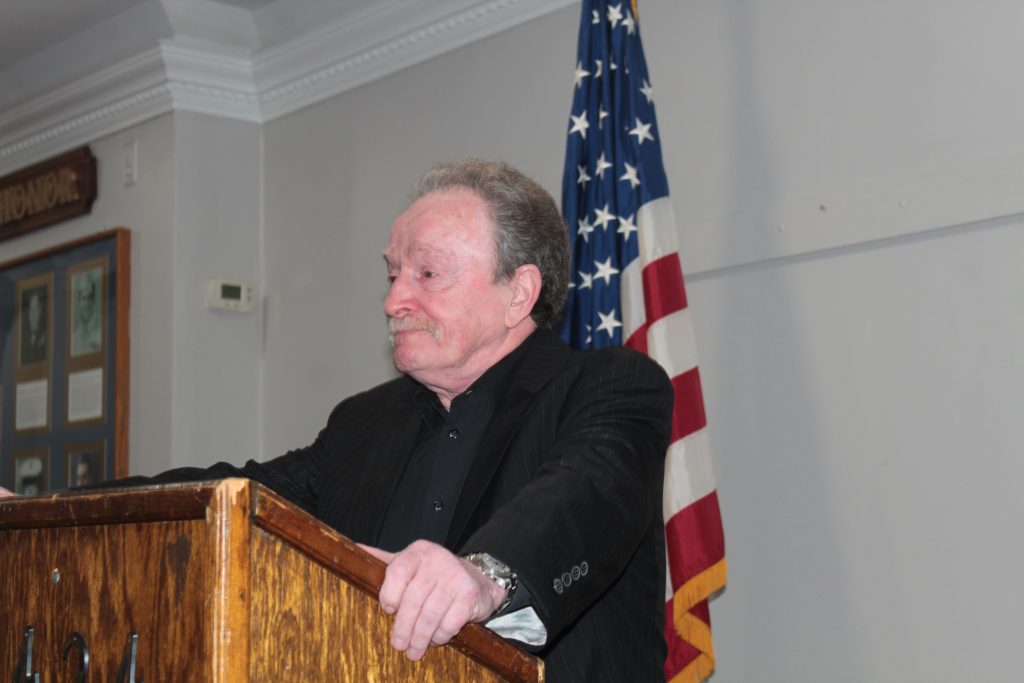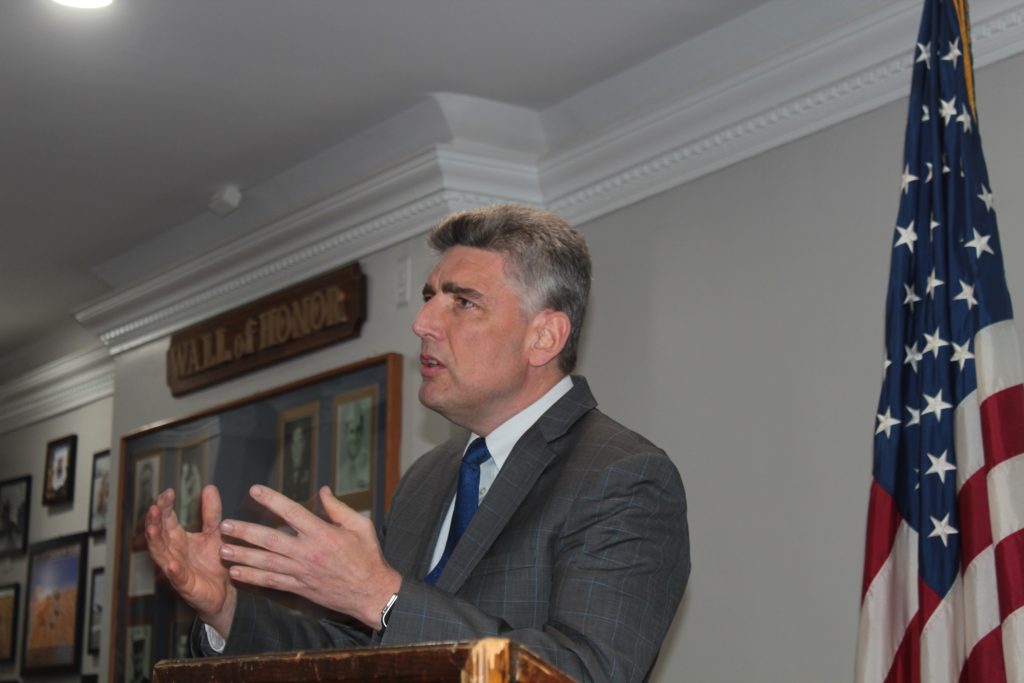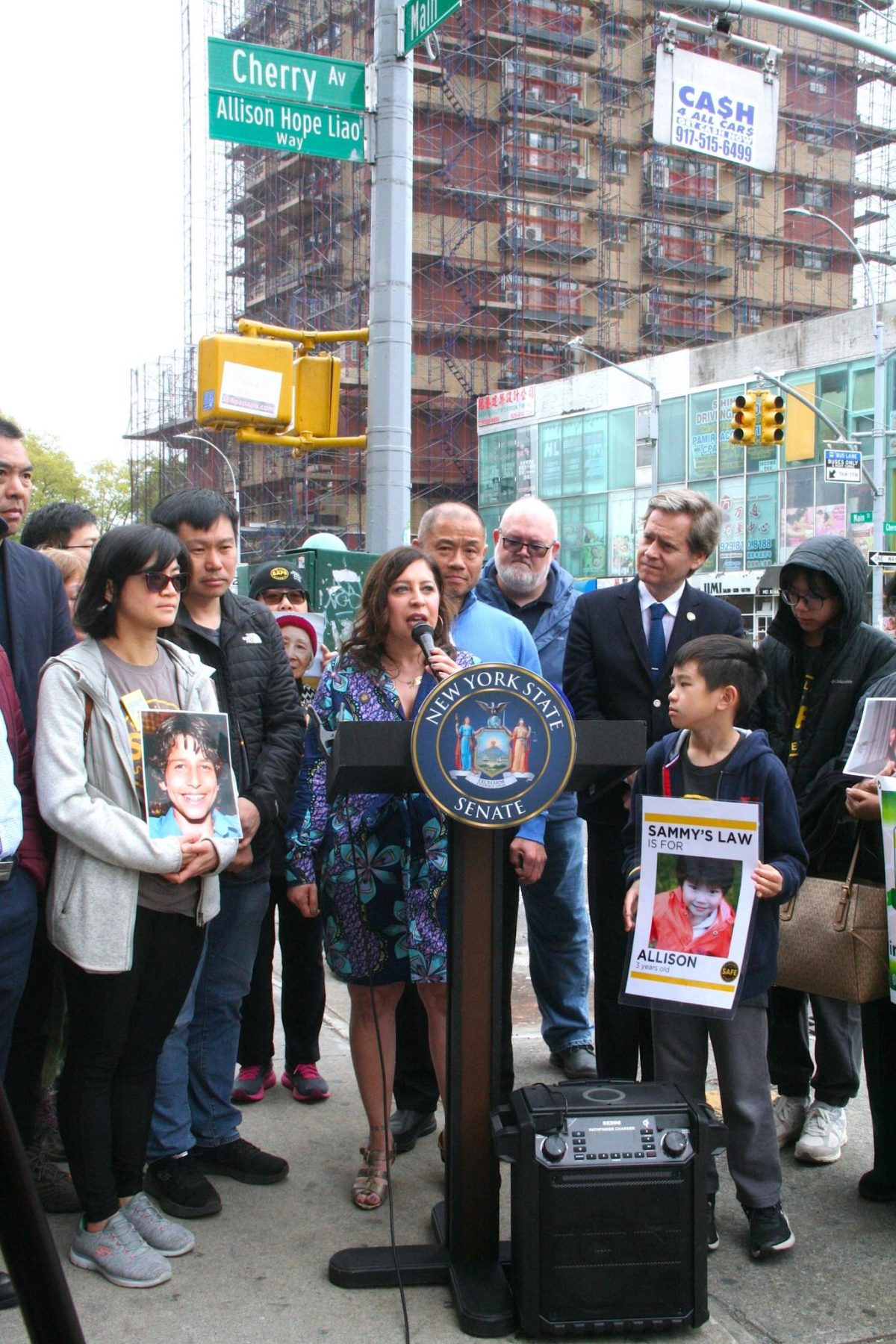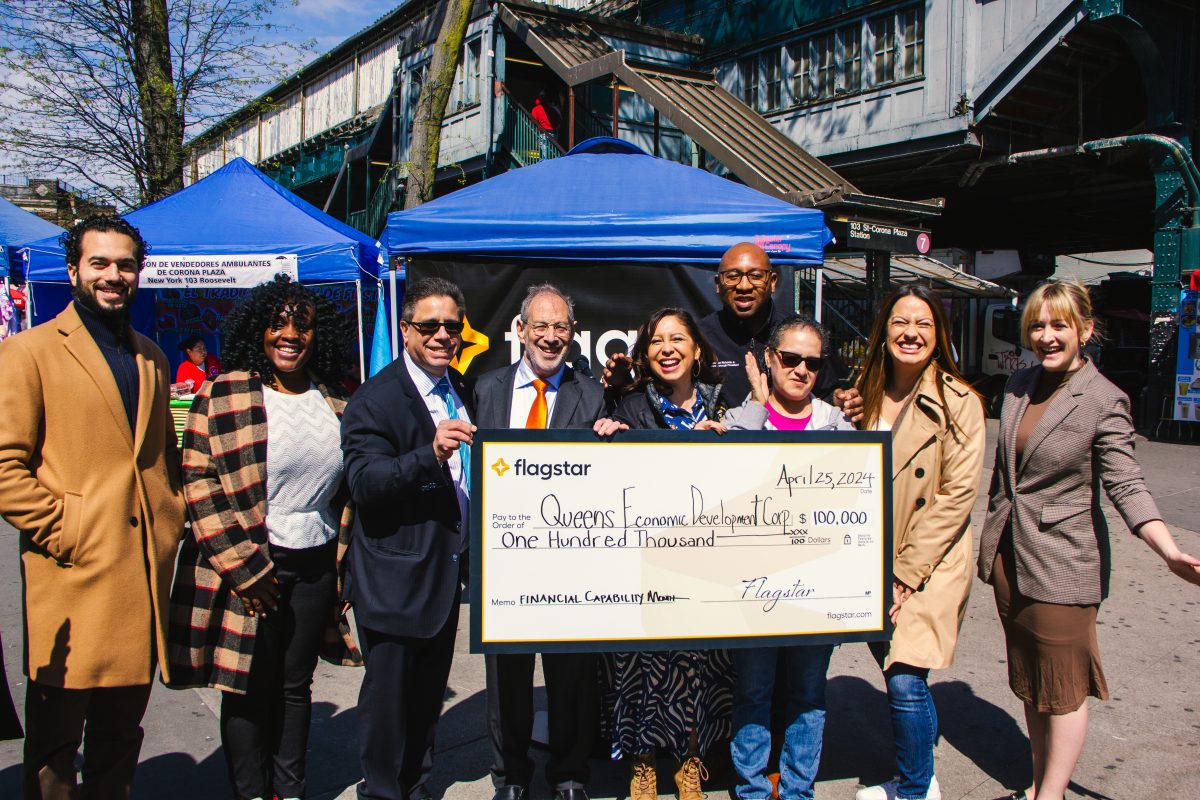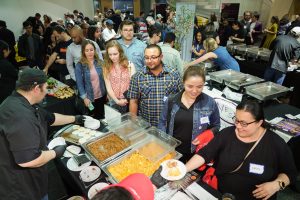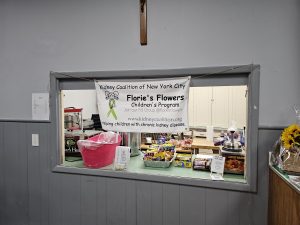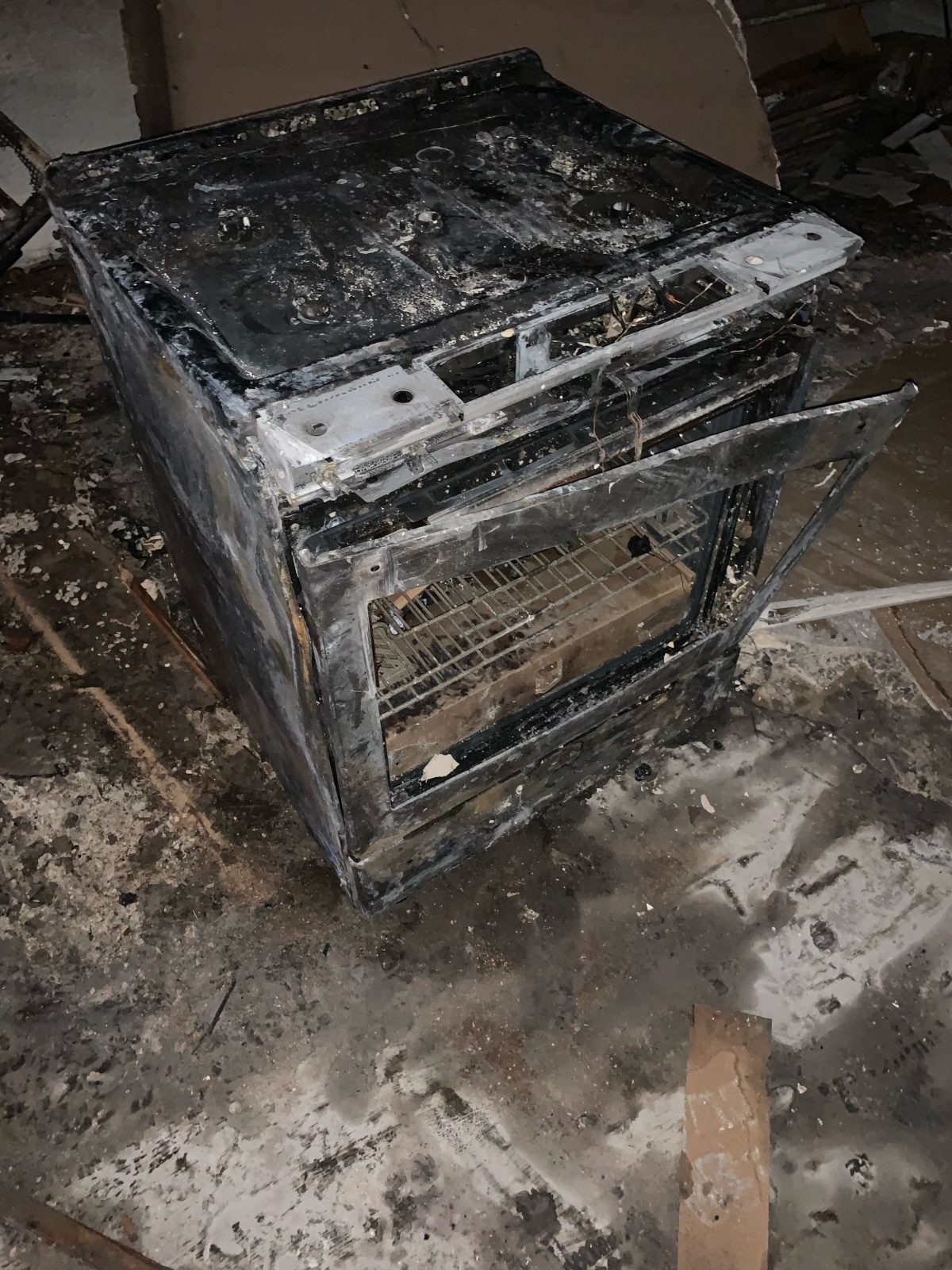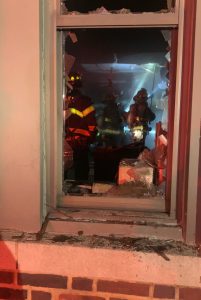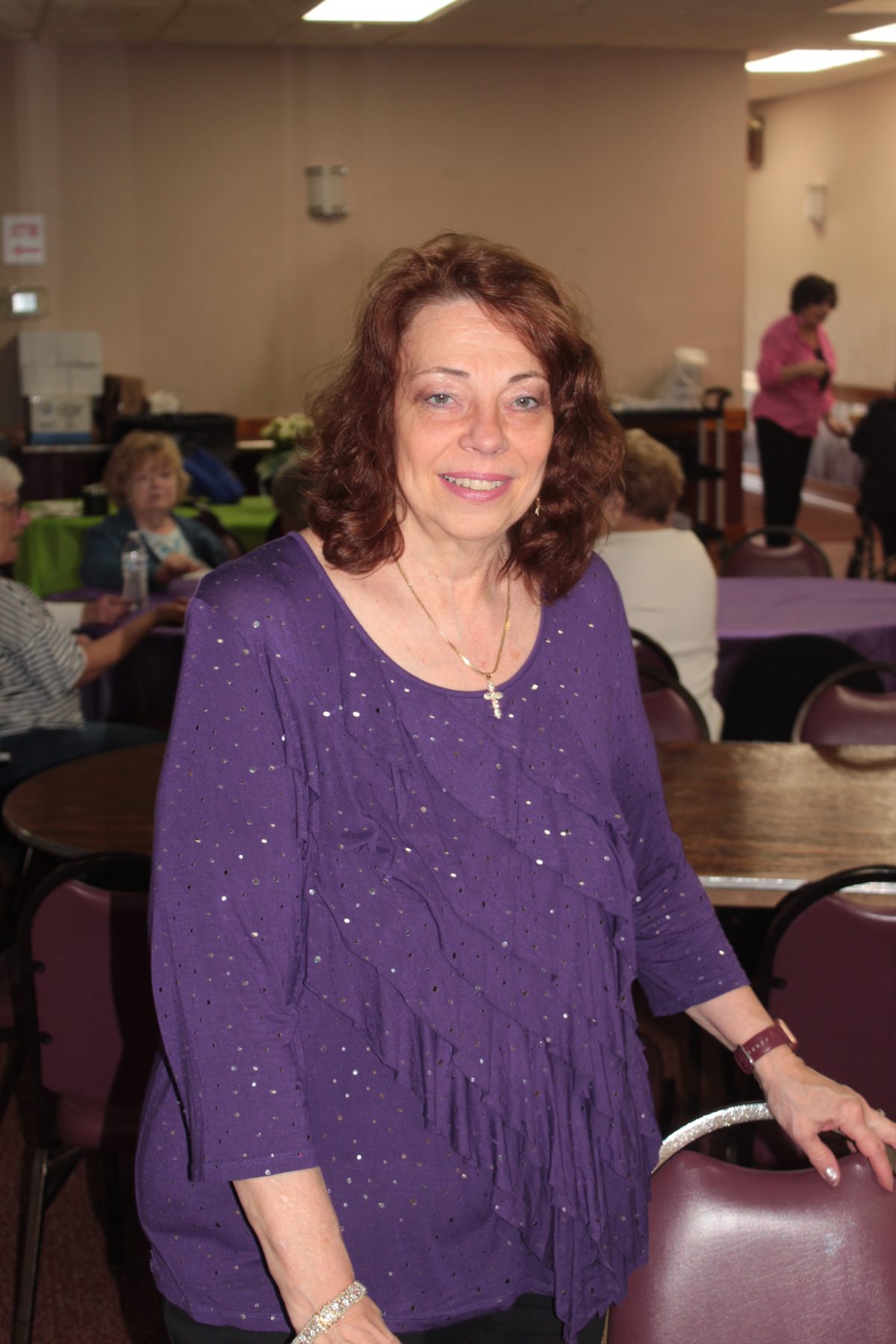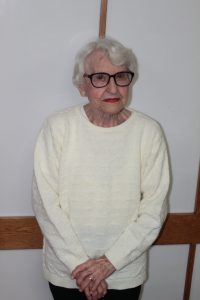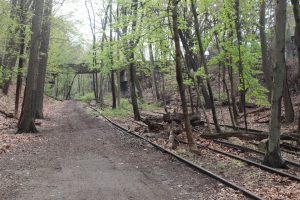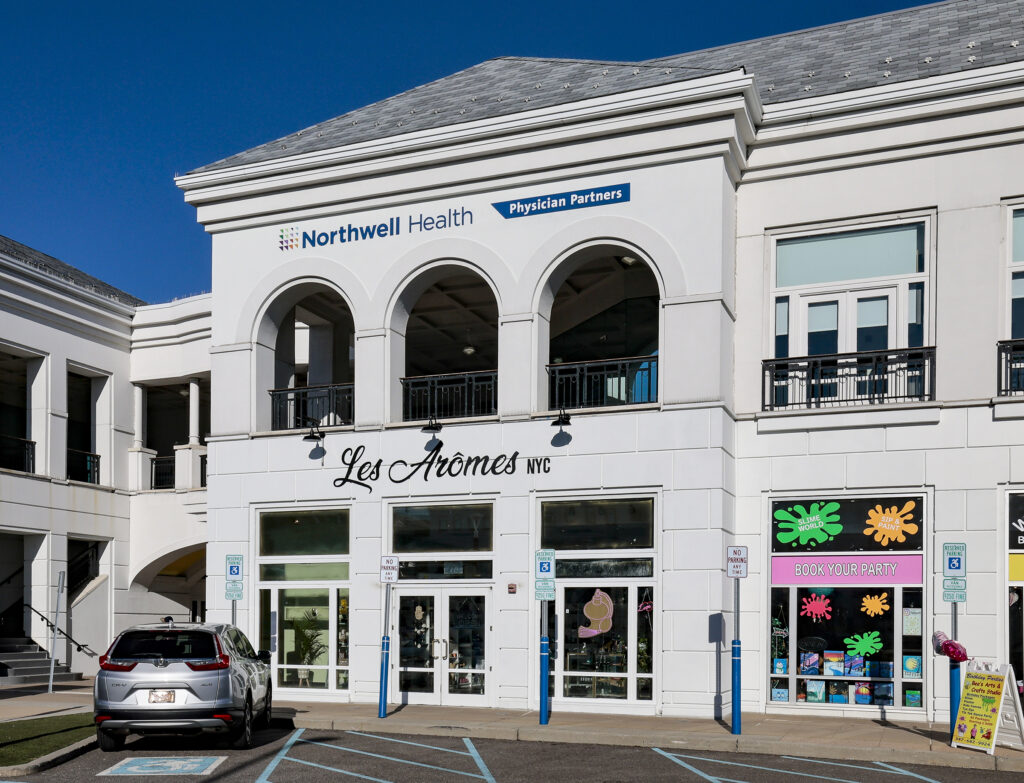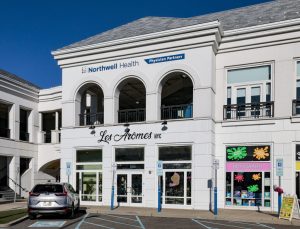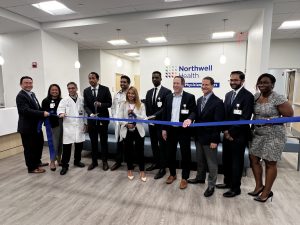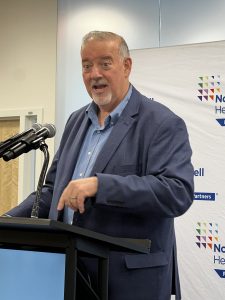A Beacon of Hope for Veterans Battling Addiction
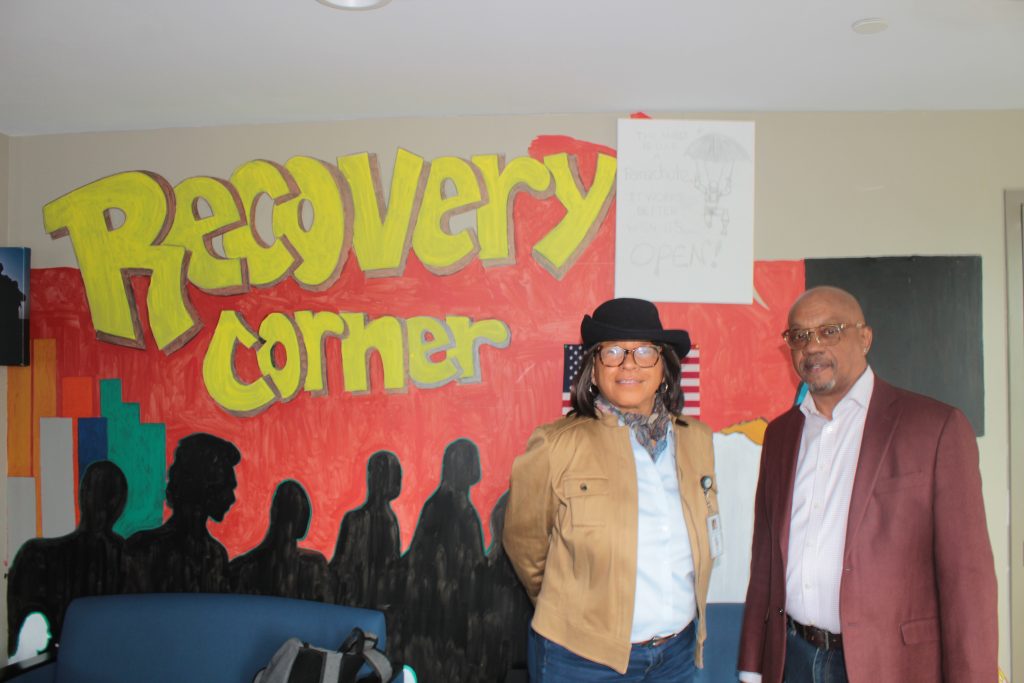
Mohamed Farghaly
Samaritan Daytop Village’s Ed Thompson Veterans Program stands as a beacon of hope for veterans battling addiction and grappling with the aftermath of war.
MOHAMED FARGHALY
mfarghaly@queensledger.com
In a quiet corner of Queens, lies a haven dedicated to healing the wounds of war that linger long after the battlefield fades from view. Samaritan Daytop Village, Ed Thompson Veterans Program located at 130-15 89th Rd, in Richmond Hill stands as a beacon of hope for military veterans grappling with the harrowing effects of drug and alcohol dependency, Post-Traumatic Stress Disorder, and other life challenges.
The organization is nationally recognized for its pioneering efforts in providing specialized treatment tailored to the unique needs of male veterans. Offering residential addiction treatment, Samaritan Daytop Village understands the profound bond shared among military comrades and leverages this camaraderie to facilitate recovery.
“Most of what we do here is based around community activity,” Roger D Walker, Program Director of Ed Thompson Veteran Program said. “We believe that community is the antidote to a lot of ailments, folks involved together, so everything we do is around that thing.”

Mohamed Farghaly
Located in Queens, New York, this haven offers specialized treatment tailored to the unique needs of male veterans, including mental health counseling and equine therapy.
At the heart of Samaritan Daytop Village’s approach is a commitment to evidence-based treatment grounded in the Sanctuary Model. This therapeutic philosophy acknowledges the prevalence of trauma and its profound impact on all facets of human existence. Emphasizing principles such as safety, respect, empowerment, and mutual self-help, the program fosters an environment conducive to healing and growth.
“Stabilization is a big part of what we do,” Deirdre Rice-Reese, Assistant Vice President of Residential Treatment said. “We make available medication that a person may need to help quell those urges and cravings for substances. We’ve developed a change team to monitor progress over time in specific areas like increasing retention.”
One of the hallmarks of Samaritan Daytop Village’s approach is its focus on community-based interventions. Recognizing that isolation can exacerbate the challenges faced by veterans, the organization strives to create a supportive network where individuals can draw strength from one another. From communal gatherings to leisure activities, every aspect of the program is designed to nurture a sense of self and camaraderie.
“Once they have dinner, there’s a house meeting at six o’clock, then general cleanup, just to get the kitchen and stuff clear,” Walker said. “Then at downtime, watch TV, hang out, go in the backyard.”
The residential facilities at Samaritan Daytop Village provide a structured yet nurturing environment where veterans can embark on their journey of recovery. Each day begins with morning meetings and group sessions aimed at fostering a sense of solidarity and shared purpose. Throughout the day, residents engage in a variety of therapeutic activities, from equine therapy to recreational sports, aimed at promoting physical, emotional, and psychological well-being.
“Therapeutic recreation dosing is critical,” Walker said. “They are a very competitive group of veterans. They are often playing intramural basketball against some of the others.”
Central to the program’s success is its holistic approach to treatment, which encompasses not only addiction recovery but also mental health support and medical care. A team of dedicated professionals, including nurses and case managers, ensures that residents receive comprehensive care tailored to their individual needs. From medication management to access to on-site medical clinics, every effort is made to support veterans on their path to recovery.
Beyond its residential facilities, Samaritan Daytop Village extends its services into the community, providing support to veterans and their families who are homeless or at risk of homelessness. Through partnerships with VA hospitals, treatment courts, and other agencies, the organization ensures that veterans receive the care and assistance they need to rebuild their lives.
“We serve whoever has served, it’s not characterized by your discharge status which is helpful,” Rice-Reese said. “A lot of our discipline veterans are discharged in the military for alcohol and substance use disorders or mental health disorders which is not fair to them.”
Trevor Badel, a former Army serviceman, has found refuge and support at Samaritan Daytop Village. Having spent three years in the program, Badel emphasizes its vital role as a lifeline for veterans in need. Recognizing the scarcity of veteran-centric programs, Badel sought help at Samaritan Daytop Village, where he found a comprehensive array of services, including mental health counseling and equine therapy sessions.
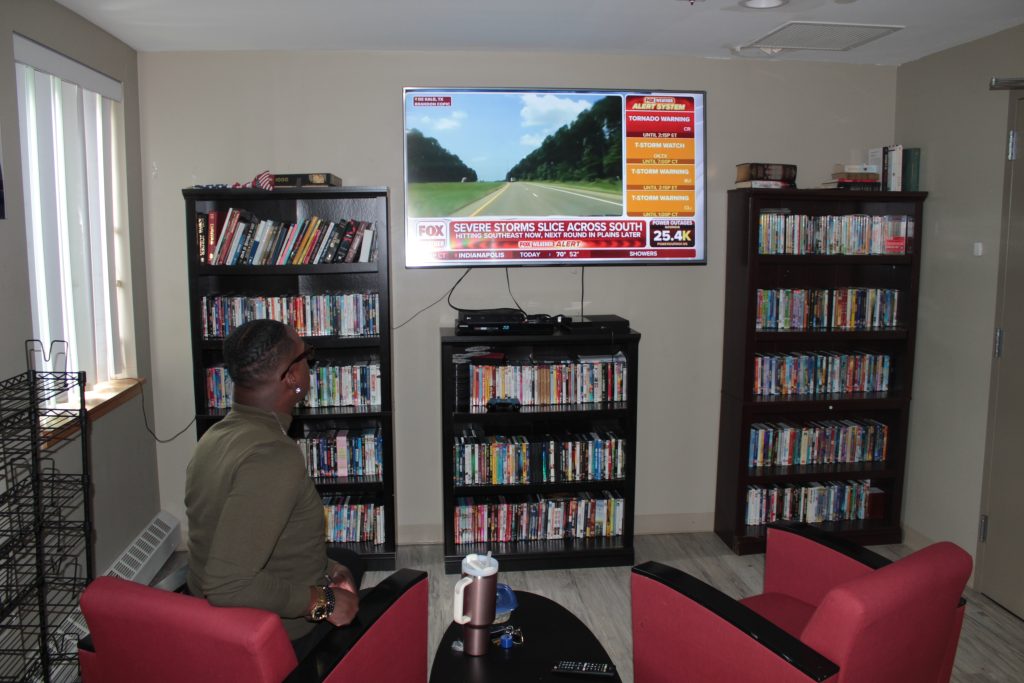
Mohamed Farghaly
With a commitment to evidence-based treatment and community-based interventions, Samaritan Daytop Village fosters an environment of healing, camaraderie, and growth.
“I just needed help at the time because I served in the Army, this place serves veterans,” Badel said. “I believe there wasn’t any other veterans program other than this one.”
For Badel, this program isn’t just a place of refuge; it’s a community of support and understanding that has provided him with the tools to navigate life’s challenges and envision a brighter future.
As Memorial Day approaches, Samaritan Daytop Village remains steadfast in its commitment to honoring the sacrifices made by those who have served their country. From participating in Veterans Day parades to hosting events for Veterans Treatment Courts, the organization continues to advocate for the well-being of veterans both within its walls and beyond.
Looking ahead, Samaritan Daytop Village is dedicated to its mission of serving those who have served their country. With upcoming initiatives ranging from therapeutic trips to West Point to community outreach events, the organization continues to be a beacon of hope for veterans in need of support. For those who have served their country with honor, it offers not just treatment but a path to healing, dignity, and hope.



